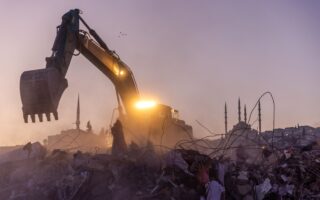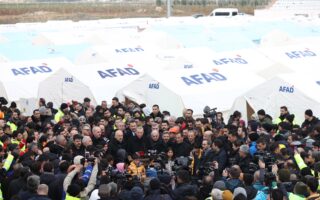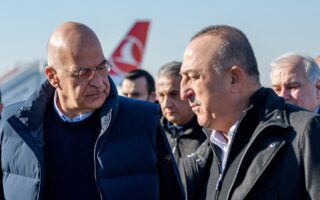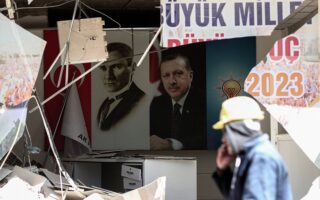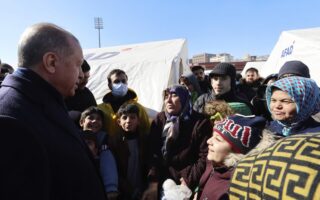Buses for votes
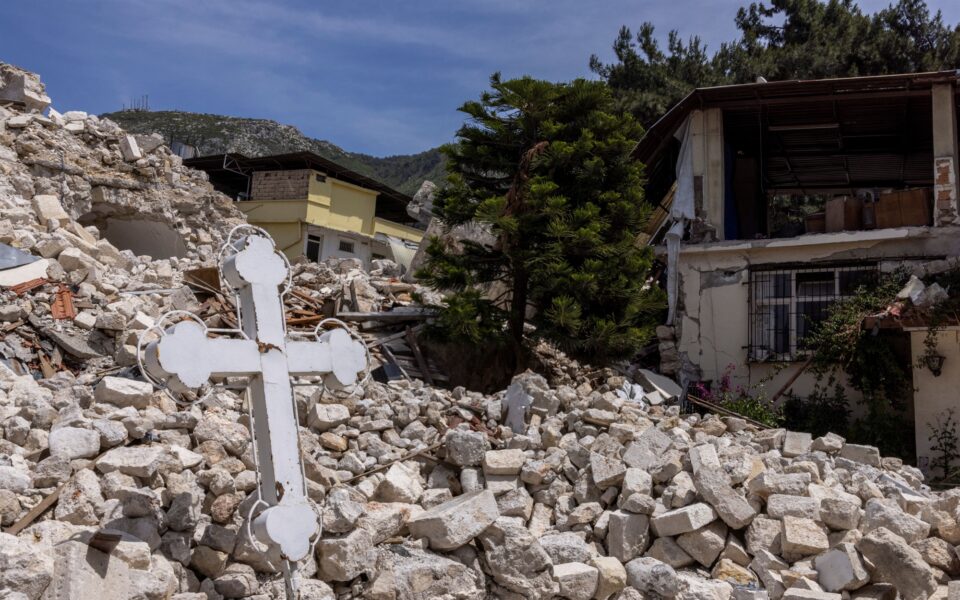
Just days before the elections in Turkey, the most affected earthquake regions expect a reversed migration wave before May 14. The weak performance of the state after the earthquake could also alter the political arithmetics in the affected provinces.
The earthquake region contains officially 11 provinces where the level of destruction, out-migration and current living conditions are very different. While in Diyarbakir, Adana, Gaziantep or Urfa, there is both little damage and migration, the situation is very different in Adiyaman, Kahramanmaras and Hatay. It is estimated that 450,000 people migrated from Hatay to other provinces, which is roughly between 25% and 30% of its total population. Of these, 300,000 are voters. It is estimated that only a few have registered in other provinces. Therefore, different political parties have developed strategies to bring their voters back to Hatay to cast their vote. Nermin Yildirim Kara, an MP candidate for the CHP and, as second on the provincial list, certainly an MP after May 14, explained the CHP strategy at a kebab place in Iskenderun: “We bought several SIM cards and internet packages and spread these numbers via social media. Interested voters can write on WhatsApp their name, place of registration and from where they would travel back to the province. With this information, buses are reserved in various provinces, roughly 300 in total. To avoid there being too much traffic on May 13, our bus trips begin about 10 days before the elections. The Iskenderun-Antakya road especially could see bottlenecks on election day.”
While Iskenderun was also affected by the earthquakes, with the entire city sliding 4 meters toward the sea, the situation is most devastating in Antakya – ancient Antioch. The whole city, more than three months after the earthquakes, is covered in a cloud of dust. “In this dust, there is also asbestos and other pollutants that negatively affect the health of the remaining residents,” explains Deniz Polat from the local Hatay TV station. The city, especially its central districts, is a ghost town, where almost all buildings are uninhabitable. For Polat, the list of culprits is long. “You need nine signatures for a building permit. All these nine institutions are complicit, plus the MPs who voted for the building amnesties. It’s too easy to put all the blame on the contractors.”
The scale of destruction and the slow and inadequate government response could also have an impact on the election results in Hatay, according to Polat. “The AKP had five MPs, the MHP one, the CHP four and the HDP one, who then moved to TIP. In the new parliament the AKP and MHP could lose one MP each, while the CHP remains with four, the IYI Party could win one and HDP and TIP could win one each.” So, the political arithmetics in the province would change.
It is estimated that 450,000 people migrated from Hatay to other provinces, which is roughly between 25% and 30% of its total population
For whoever wins, the tasks in Hatay are huge. Thousands live in tents and containers that will get far too hot in the summer. Safe houses are scarce and rebuilding is needed quickly. There is still a lack of water, the economy is completely idle, fast and comprehensive help is needed, also for the many traumatized people who can no longer work (earthquake pensions). Without rapid reconstruction that does justice to the historical architecture, the emigrants will not come back. A warning example is the reconstruction in the central Sur district of Diyarbakir, which, ignoring local traditions, has created an artificial-looking neighborhood with little appeal to locals.
In Antakya, a gentrified center would be a nail in the coffin for the unique diversity of cultures, ethnicities, religions and Christian denominations (Orthodox, Catholic, Armenian) living there together for centuries. The current governing coalition would probably not complain much about that. The hope of many in Antakya is that an opposition government would have fewer problems with the demographic structure of the province and that the survival of this unique diversity might still be possible after all.
Ekrem Eddy Guzeldere is a non-resident senior research fellow in the Turkey Program at the Hellenic Foundation for European and Foreign Policy (ELIAMEP).
